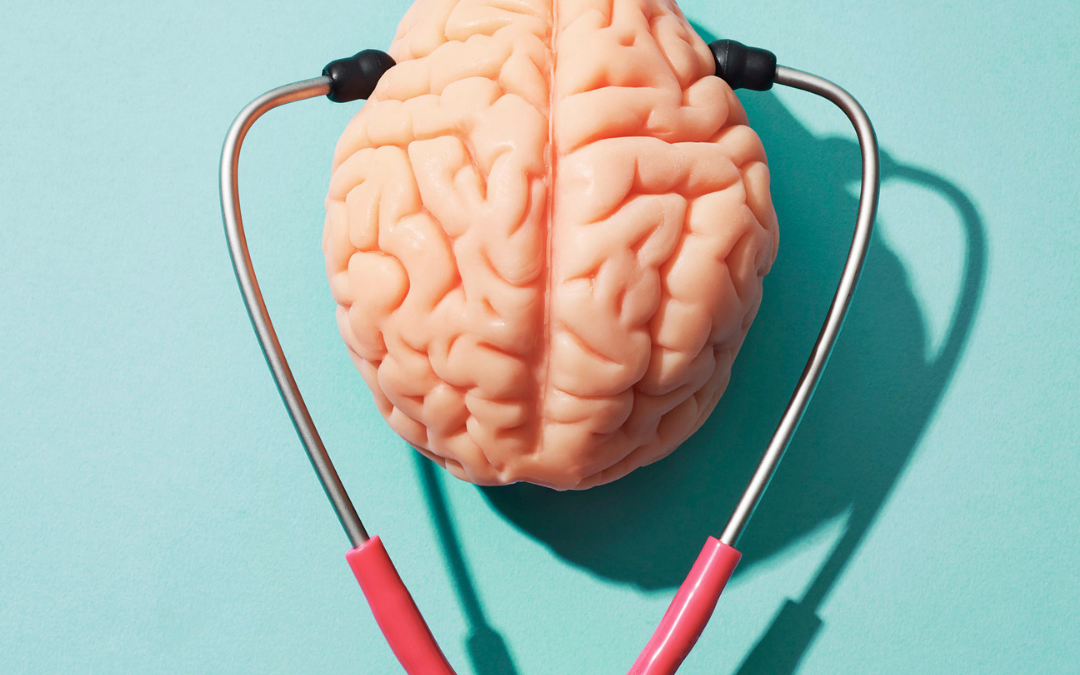Many of us are well-versed in understanding the impacts of COVID-19 but there have been fewer discussions about the impact it has had on our nation’s mental health. Many have had their lives turned upside down because of the pandemic and are feeling the impact. Mental health professionals are overwhelmed and facilities are inundated with long waitlists of people in desperate need of care, there is a major shortage and mental health crisis in Boston and the nation as a whole. The percentage of people suffering psychologically has been climbing across the board since the pandemic began, is there an end in sight?
Trends were already increasing for those with mental health issues but the pandemic has exacerbated and accelerated already climbing trends. Children are especially suffering and missing out on social connection and feeling isolated at a crucial time in their development. Experts predict this will be felt for years to come. For those who were already suffering from mental health issues, their conditions have amplified. According to a therapist at Tufts Medical Center, before COVID the waiting period for a child having a mental health crisis in an emergency room to be placed in an inpatient facility used to be 72 hours. However, the waiting period during the pandemic has been anywhere from six and a half to 42 days.
Ketamine is an effective treatment for depression and other mental health disorders and is effective in nearly 75% of patients which surpasses the effectiveness of many other pharmaceutical drugs. It can offer immediate relief from emotional pain and hopelessness and is particularly effective in those with treatment-resistant depression or other mental health disorders. The other benefit is that ketamine’s effects can be felt immediately in 1-3 treatments vs. many other treatments which can take months to evaluate effectiveness in an individual.
It is still being studied exactly how ketamine works but what is known so far is that it can help to offer relief from depression in a few ways. One is a decrease in inflammation in the brain linked to mood and other mental health disorders. The other is through an increase in the amount of a neurotransmitter called glutamate, which contributes to a process known as synaptogenesis, which helps facilitate new neural pathways and helps neurons communicate, influencing mood, thought patterns, and cognition.
To learn more about our ketamine infusion therapy contact us for a free consultation or fill out the brief form below. Someone from our clinical team will reach out to you to answer any questions or concerns you may have.

Contact Ketamine Greater Boston
Contact our ketamine infusion therapy center today for a free consultation, or simply complete the brief form below and a member of our clinical team will reach out to answer your questions and address your concerns.


Recent Comments